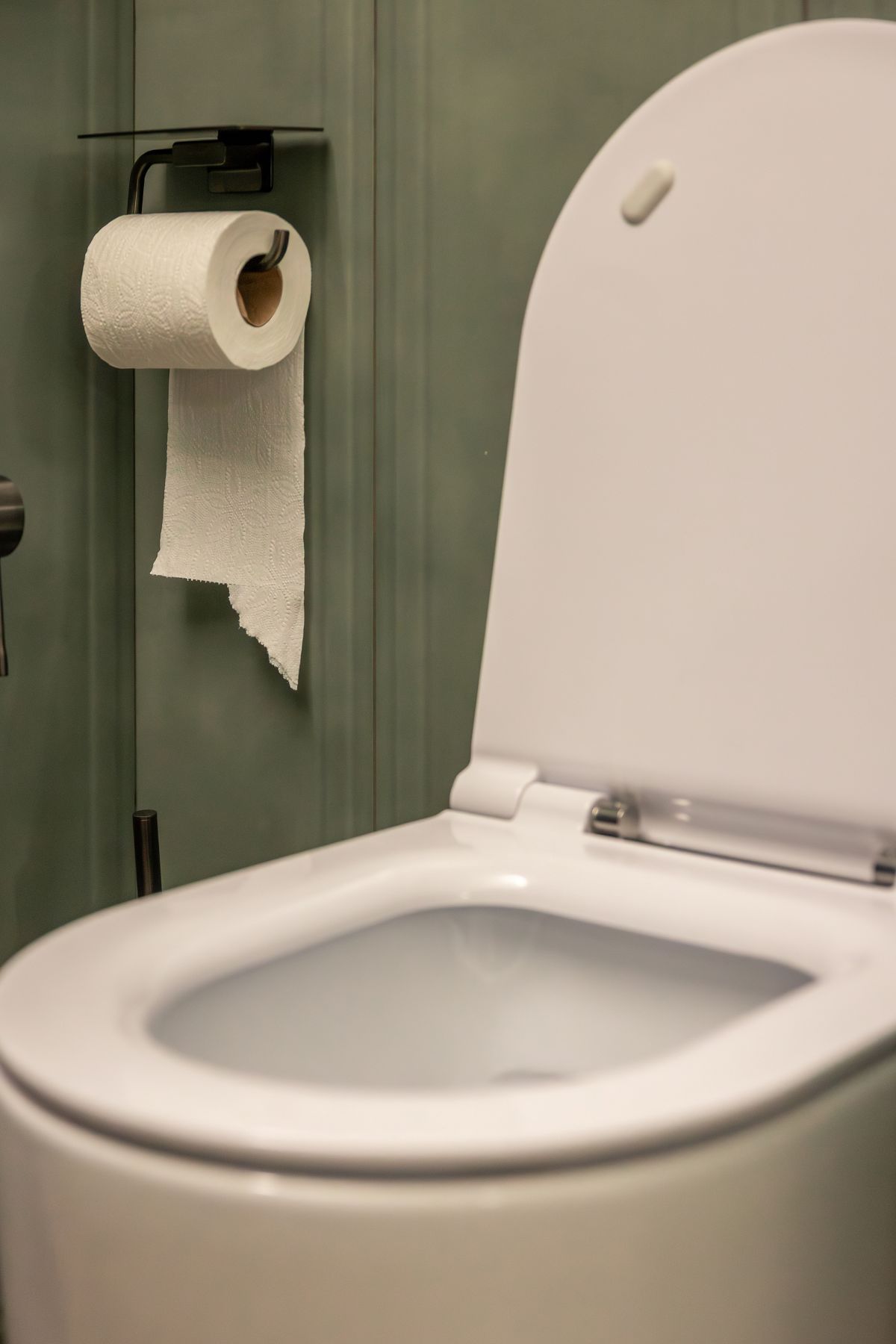During the three months Flossie Chaplin took care of her dying sister, only once did she witness the suffering that comes at the end of life.
“My sister was a strong person, both emotionally and spiritually,” Chaplin said. “But when her body started breaking down, she asked, ‘Why do I have to go through all this pain?’ It was difficult watching her anguish.”
Chaplin was one of several family members who cared for 62-year-old Norma Johnson in her final days. A diabetic, Johnson had numerous health issues and had been deteriorating since 2000. First a toe had to be amputated, then one leg, then the other. She was diagnosed with breast cancer and later bladder cancer.
“She went through so much, but she never complained,” said the 66-year-old Chaplin. “She didn’t act like she was in pain.”
A resident of St. Helena Island, Johnson didn’t have access to palliative care, a new type of medical specialty that focuses on relieving the suffering and improving the quality of life for people with serious illnesses.
Although it has been shown to reduce patients’ symptoms, alleviate pain and reduce hospital costs, palliative care is not available in many geographic areas of the country, especially in rural sections of the southern United States.
As part of a palliative care study being conducted by the University of South Carolina and the Medical University of South Carolina, Beaufort Memorial Hospital is hosting a series of focus groups to help identify the kind of care that would be most helpful to two different ethnic groups — African-Americans and Caucasians.
Using the real-life experiences of local residents like Chaplin who have tended to terminally ill patients, researchers will design a palliative care program based on the diverse cultural end-of-life care preferences of patients from the two populations.
Previous studies have shown ethnicity and culture strongly influence patients’ preferences for end-of-life care. African-Americans, for example, want aggressive treatment at the end of life, regardless of prognosis. They also choose to include family members and religious leaders in their decision-making process.
Beaufort Memorial Hospital is currently seeking participants for the African-American focus group. To meet the study criteria, you must have cared for a family member or other loved one 60 or older who died within the last year. The caregiving must have taken place in the Lowcountry.
The African-American focus group sessions will be held from 5:30 to 7:45 p.m. Sept. 19 and 6 to 7:45 p.m. Sept. 26 at USCB, Beaufort College Building, 801 Carteret Street. Sandwiches, snacks and beverages will be served. Participants also will receive a $20 Walmart gift card and a $15 gas card for each session they attend.
To participate in the focus groups or for more information, contact Cindy Coburn-Smith at Beaufort Memorial at 843-522-5835 or ccoburns@bmhsc.org.





